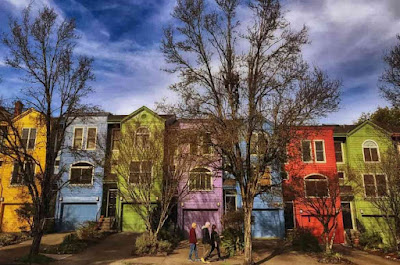The #1 Cause of Homelessness in the U.S.
On a given night in Portland, OR, roughly 1,800 people are without shelter. In San Francisco there are 5,100. Across the country nearly 200,000 people survive on the streets, exposed to various elements and often ignored by passersby. How does this happen? Why does it seem like the nation's homeless population grows each year, particularly in cities that are economically booming?
The National Law Center on Homelessness and Poverty has concluded that the #1 cause of these staggering numbers is a lack of affordable housing. Not drug addiction or lack of motivation to work, but simply a lack of options in lower income housing. Using Portland and San Francisco as examples, the average cost of rent for a one-bedroom apartment is about $1100 and $2700, respectively. If someone is living paycheck to paycheck and, for example, loses their job, it isn’t difficult to see how they might fall short on rent and not have enough savings to sustain themselves. Factors like physical disability, mental illness, drug addiction, criminal record, domestic violence, or lack of a support network can quickly weaken the stability of someone’s living situation.
How many of us have a friend or family member who could easily take us in if we were in dire need? Unfortunately, not everyone has a personal safety net to rely upon and are left with few options: a local shelter (if there’s room), designated low-income housing (which may have a waitlist and/or specific requirements), or possibly living in a vehicle (technically illegal in most states).
The Housing First approach might sound familiar, and it should. The most logical solution to the homelessness epidemic is to provide housing. How can someone prepare for a job while living outside? How could they address substance abuse issues while living a harsh, lonely existence and drugs/alcohol are the only escape? There are tangible ways to assist people who are unsheltered, but the long-term goal should be to build and supply housing for those who experience homelessness.
To learn more about the Housing First model and ways to help, check out The National Alliance to End Homelessness.
By Jesselynn Amerling




Comments
Post a Comment